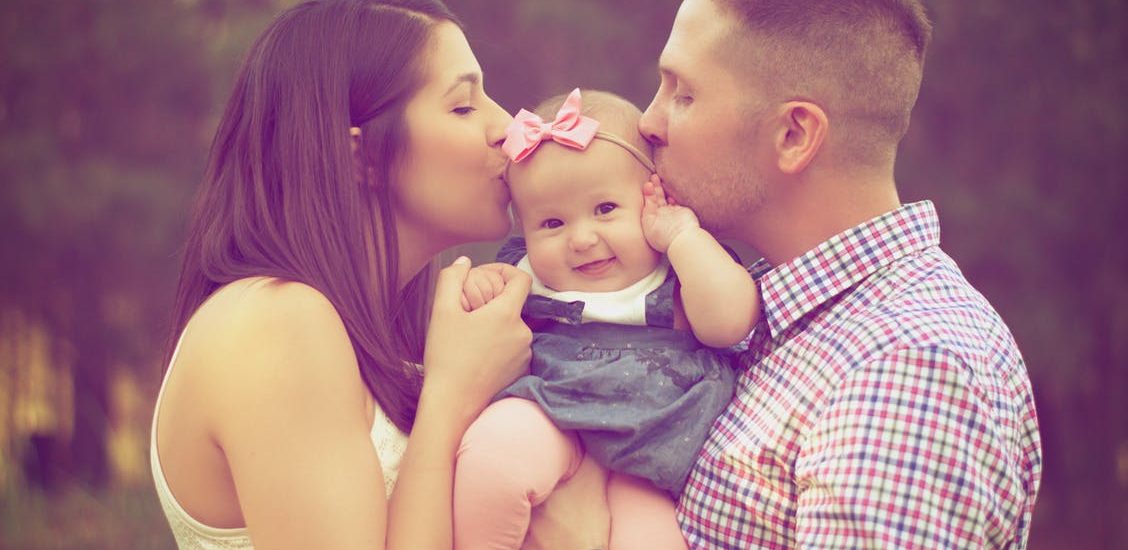“He’s a bad kid.”
“They never listen.”
“Why won’t she tell me about her day?
Any of these sound familiar to you?
These are common thoughts and questions constantly coming up for parents, caregivers, and anyone working with children.
I recently published a podcast interview with clinical psychologist and dance/movement therapist, Dr. Lori Baudino about effective parenting. We discussed why neglecting our “body knowledge” as caregivers can cause us to misunderstand our children’s needs.
There are plenty of guides and blogs online for effective parenting, but I was stunned when my google search of “Embodied Parenting” resulted in barely any resources about incorporating body awareness and movement communication into the caregiver role. In fact, the most common resource found was Dr. Suzi Tortoria’s ADTA talk, a resource mostly known within the field of dance/movement therapy.
Why isn’t this information more available and widespread?

The caregiver-child relationship begins with the body. The only available form of communication between a parent and infant is body-based.
This includes gestures, facial expressions, physical contact, and even shared rhythms, like breathing and heartbeat.
Even when a child develops verbal language, there is constant communication happening non-verbally literally forever–for as long as the relationship exists.
We need to be embodied caregivers.
Effective parenting begins in the body and exists in the “dance” between parent and child interaction:
1. Observe your child’s movements before responding
2. Put meaning into directions and rules using both of your bodies to test why the rule exists or why the direction is important
3. Join your child in their energy, pace, and quality of movement, even if it’s different than what you’re asking (i.e., they are full of energy but you want them to calm down- meet them at a higher level of energy and bring it down together)
4. Match your own tone and body language with your words

